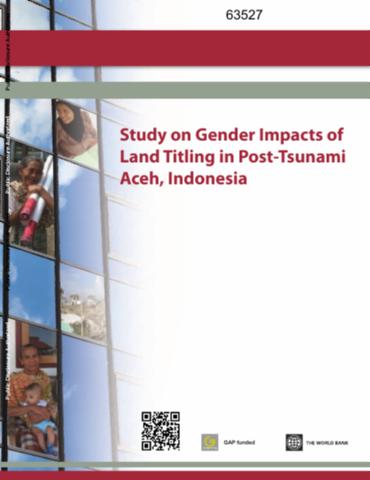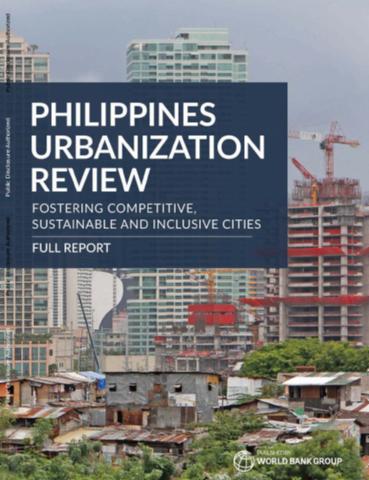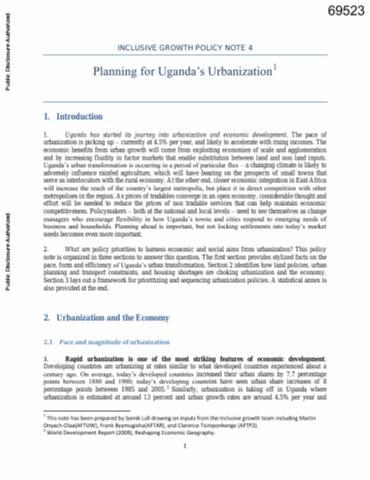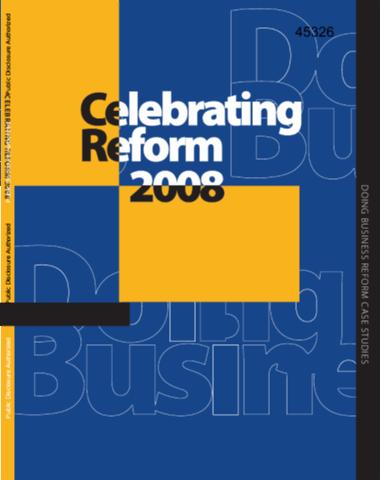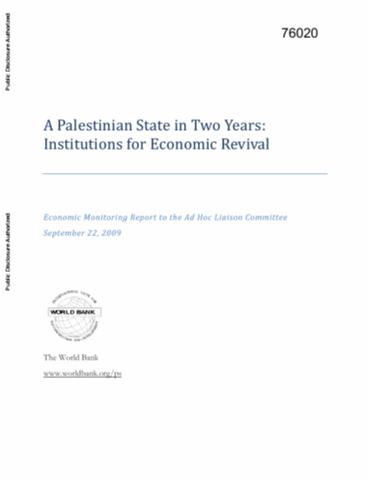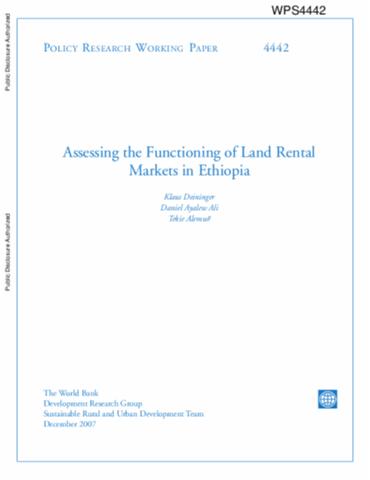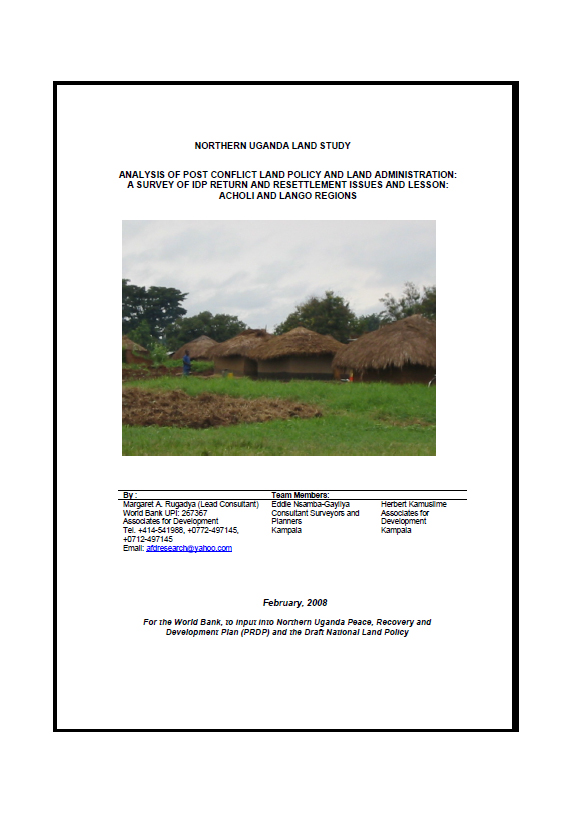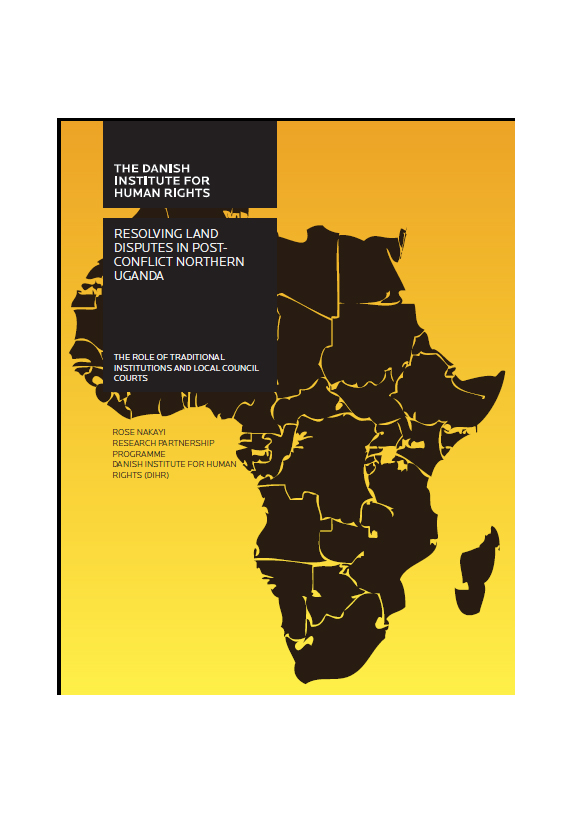Study on Gender Impacts of Land Titling in Post-Tsunami Aceh, Indonesia
The tsunami that originated from the Indian Ocean in 2004 wreaked massive destruction, killing more than 130,000 people and displacing half a million individuals in Aceh, Indonesia. More than 800 kilometers of coastline was affected, and close to 53,795 land parcels were destroyed. The land administration system sustained significant damage because documentation of land ownership was washed away along with people's houses and other possessions in the affected communities. Physical boundary markers, including trees and fences, also disappeared.

